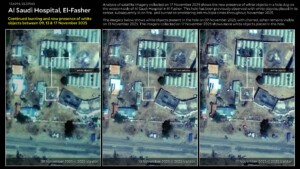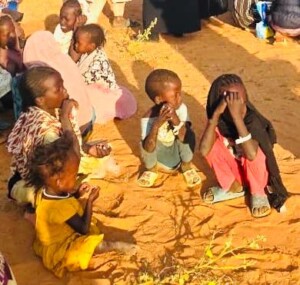Sudan inflation reached 166.83 per cent in August
The Sudanese inflation rate reached a record 166.83 per cent for August, the Central Bureau of Statistics (CBS) reported in a statement on Sunday.
The inflation rate of August is an increase of 23.05 per cent compared to July. The Bureau of Statistics attributed the rise to the increased prices in “the food and beverage group”, such as vegetables, cheese, eggs, fruits, and sugar, “the clothes and shoes group” and “the transport group”. As for “the housing group” the average inflation decreased, despite the prices raises in cooking gas, charcoal, firewood and various other items related to “housing”.

The Sudanese inflation rate reached a record 166.83 per cent for August, the Central Bureau of Statistics (CBS) reported in a statement on Sunday.
The inflation rate of August shows an increase of 23.05 per cent compared to July. The Bureau of Statistics attributed the rise to the increased prices in “the food and beverage group”, such as vegetables, cheese, eggs, fruits, and sugar, “the clothes and shoes group” and “the transport group”. As for “the housing group” the average inflation decreased, despite the prices raises in cooking gas, charcoal, firewood and various other items related to “housing”.
In an interview with Radio Dabanga last week, economic analyst Hafiz Ismail attributed the rising inflation to Sudan’s importing of most basic needs, in addition to the budget deficit and the dramatic increase in salaries financed through the printing of banknotes, which led to a further devaluation of the Pound.
Ismail called for addressing the inflation by reducing expenditures and increasing the revenues, in particular by investing in irrigated agriculture, and for the long term, by investing in health and education.
Economic Emergency
After the Dollar rate on the parallel market jumped to SDG260* last week, halting the stock exchange and causing a partial closure of the gold market in Khartoum, the acting Minister of Finance declared the State of Economic Emergency on Thursday.
According to economist Kamal Karrar, the significant rise in the price of the Dollar is caused by the economic policies of the Central Bank of Sudan and those stipulated in the amended 2020 National Budget.
“High inflation rates are a result of the high exchange rate of the Dollar, increases in production costs and taxes, and the revised 2020 budget,” he said, and expressed his regret that “the revolution government is following in the footsteps of the former regime,” by covering the budget deficit by printing more banknotes.
Economist and director of the Red Sea University, Prof Hasan Bashir, welcomed the announcement of the State of Economic Emergency. “They are long overdue” and their success is dependent on the ability of the regular forces to fight smuggling, he told Radio Dabanga.
Yet, the budget must be reviewed for the final quarter of the year in order to correct aspects of it which have “triggered a rise in exchange rates”.
Bashir said he expects that this week will be decisive for the Sudanese Pound. Either the exchange rate will begin to rise, or it will collapse.
Prof Hamid Eltigani, Economist and Head of the Department of Public Policy and Administration at the American University of Cairo, called for the dismissal of staff at the Ministry of Finance and the Economic Emergency Committee. He also called for a reassessment of the prime minister's performance.
According to Eltigani, the main cause of the present economic crisis is a lack of a vision. He urged the government to switch the priority to the economy.
The Sudan News Agency reported last week that a National Economic Conference will be held on September 26-28 with the aim to develop an economic roadmap for the country, with special emphasis on the economic planning processes.
* USD 1 = SDG 55.1375 at the time of publishing this article. As effective foreign exchange rates can vary widely in Sudan, Radio Dabanga bases all SDG currency conversions on the daily middle US Dollar rate quoted by the Central Bank of Sudan (CBoS).
Radio Dabanga’s editorial independence means that we can continue to provide factual updates about political developments to Sudanese and international actors, educate people about how to avoid outbreaks of infectious diseases, and provide a window to the world for those in all corners of Sudan. Support Radio Dabanga for as little as €2.50, the equivalent of a cup of coffee.












 and then
and then